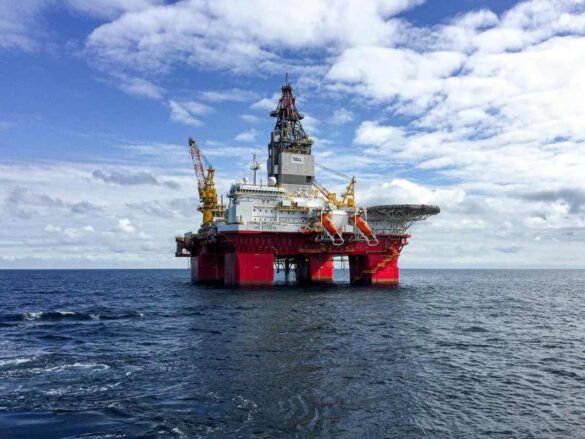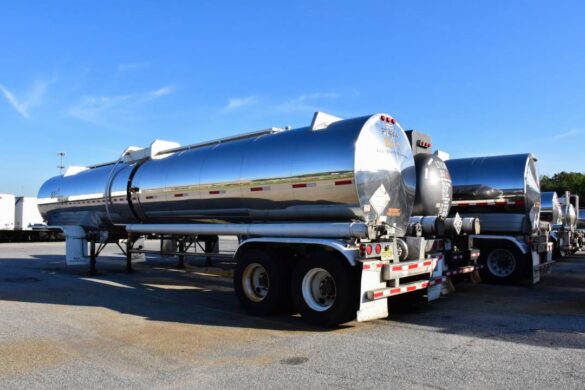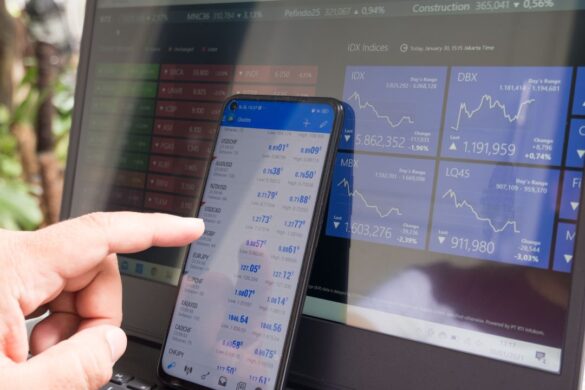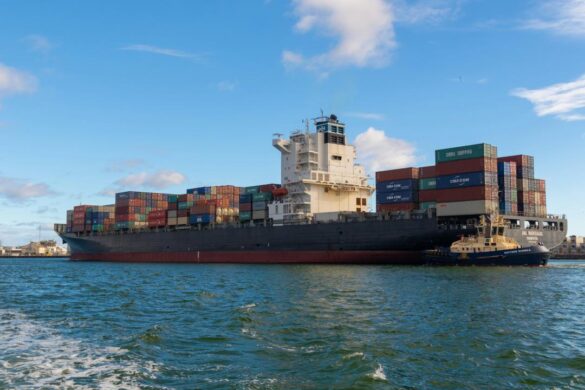Abu Dhabi’s ADNOC to Invest Dh 84 Billion for Decarbonization
Abu Dhabi National Oil Company reinvests Dh178 billion into the UAE economy in 5 years; Dh84 billion into decarbonization efforts.
Textile MSMEs Embracing Sustainability, Says Chandrima Chatterjee of CITI
The textile industry’s MSME sector, comprising 80% of its value chain, is embracing sustainability and ESG regulations due to increased demand from domestic and international players
Green Tech, ESG and Sustainability Requirements to Shape Credit Outlook in 2024: Moody’s
Moody’s identified six key trends – Green Technology and Disruptive Innovation, Complex ESG Policy Landscape, Rising Physical Climate Risks, Climate Finance Gap in Emerging Markets, Focus on Environmental Degradation and Reshaping the Future of Work – will shape credit strength in 2024
How to Chart India’s Path to Green Hydrogen Leadership Through Five Key Objectives? Explains A Report by WEF & Bain
To achieve its ambitious goal of producing at least 5 MMTPA of green hydrogen production by 2030, India should
#Reduce the cost of green hydrogen by lowering the associated renewable electricity expenses
#Invest in advances in electrolyzer manufacturing,
#Invenst in infrastructure and innovative R&D
UAE Leads a Wave of Hydrogen Fuel Projects in the GCC
The UAE is increasingly focusing on hydrogen in their energy transition strategies. This shift positions the country as a potential leader in hydrogen production, storage and transportation, leveraging the role of sustainable energy solutions in combating climate change.
UAE Augments Commitment to Climate Action: A Leap Towards Sustainable Future
The UAE Council for Climate Action has committed to intensify climate action efforts that augment the nation’s commitment to a sustainable future, a development following the recent COP28 conference
How the UAE’s ESG framework is shaping its business landscape!
ESG framework in UAE is shaping its business landscape, influencing corporate strategies, operational norms, and investment decisions. Understanding the UAE’s approach provides valuable insights into the evolving dynamics of responsible business practices in the Middle East
UK to Implement Carbon Import Levy on Certain Goods by 2027
The carbon border adjustment mechanism (CBAM) will be applied to carbon-intensive products and it will be determined based on the carbon emissions in the production of imported goods and the gap between the carbon prices in the country of origin and the UK
Panasonic plans to reduce 1% of global emission by 2050, says Panasonic Middle East & Africa MD Hiroyuki Shibutani (Interview)
Looking ahead to 2050, Panasonic Group aspires to make a significant impact, aiming to cut CO2 emissions by over 300 million tons—equivalent to approximately 1% of the current global total emissions
Aster Healthcare Aims to Cut 2000 Tonnes of Carbon Emissions in GCC and India
The company is focusing on reducing its carbon footprint by targeting a 2,000-ton cut in carbon emissions in the GCC and India and also aim to slash paper usage by two-thirds and plant 3,500 trees in these regions










